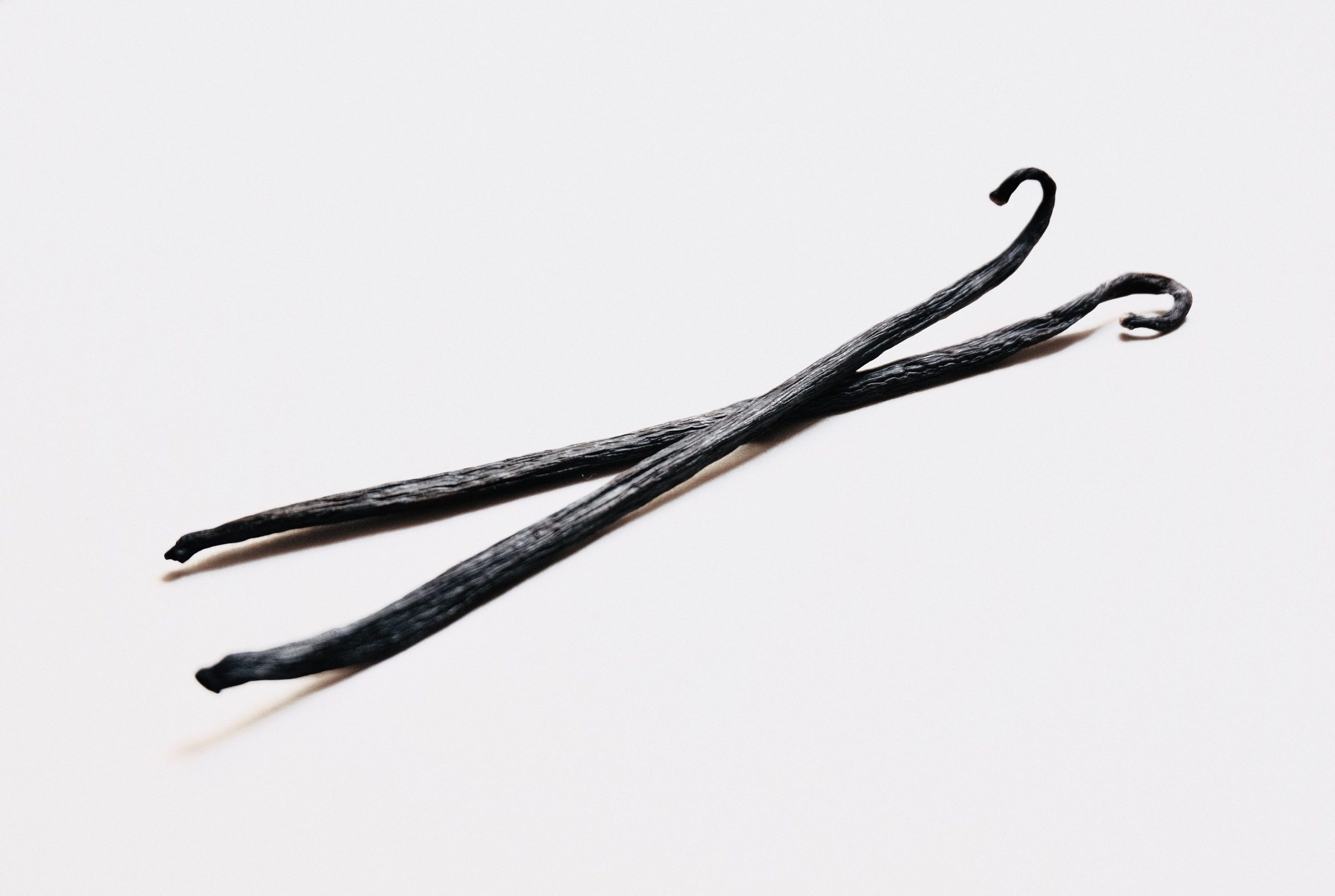A team of international experts has identified Vanilla as the world’s favourite scent.
Scientists from the University of Oxford and the Karolinska Institute in Stockholm administered ten scents to 235 people from nine different cultures around the world to determine the most popular scent on the planet.
Also Read|COVID-19 increases risk of type 2 diabetes by 28%: Study
People from urban areas in America, Mexico, and Thailand were among the nine cultures represented, as were secluded farmers living in the South American mountains, hunter-gatherers in the Southeast Asian rainforest, and fishing communities on Central America’s Pacific coast.
“We wanted to examine if people around the world have the same smell perception and like the same types of odour. Or whether this is something that is culturally learned,” said Artin Ashamian, a neuroscientist at Sweden’s Karolinska Institute.
Also Read|Alcohol consumption may cause brain damage: Study
“Traditionally it has been seen as cultural, but we can show that culture has very little to do with it,” he added
Chemicals that smelled like roses, lavender, sweaty feet, decaying fish, mushrooms, and other things were included in the study.
People, it turns out, like or dislike the same smells regardless of where they come from.
Also Read|6 facts you need to know about Autism
The following is how the smells were ranked:
- Vanillin vanilla – flavour, extracted from vanilla beans
- Ethyl Butyrate – fruity odour, like pineapple or peaches
- Linalool – flowery scent like lavender, with a touch of spiciness
- Eugenol – Spicy, clove-like scent
- 2-Phenylethanol – Pleasant floral odour, used for a rose scent
- 1-Octen-3-ol – a mushroom scent, also contained in human breath and sweat
- Octanoic acid – an unpleasant rancid-like smell and taste found in milk
- 3-Isobutly-2-methoxypryazine – fresh bell pepper smell
- Dimethyl disulphide – an unpleasant garlic-like odour or smell of decaying fish
- Isovaleric acid – unpleasant odour described as pungent, cheesy and sweaty, like sweaty feet
Also Read|Good hydration may reduce long-term risks of heart failure: Study
“Now we know that there’s universal odour perception that is driven by molecular structure and that explains why we like or dislike a certain smell, the next step is to study why this is so by linking this knowledge to what happens in the brain when we smell a particular odour, “Dr Arshamian said.






